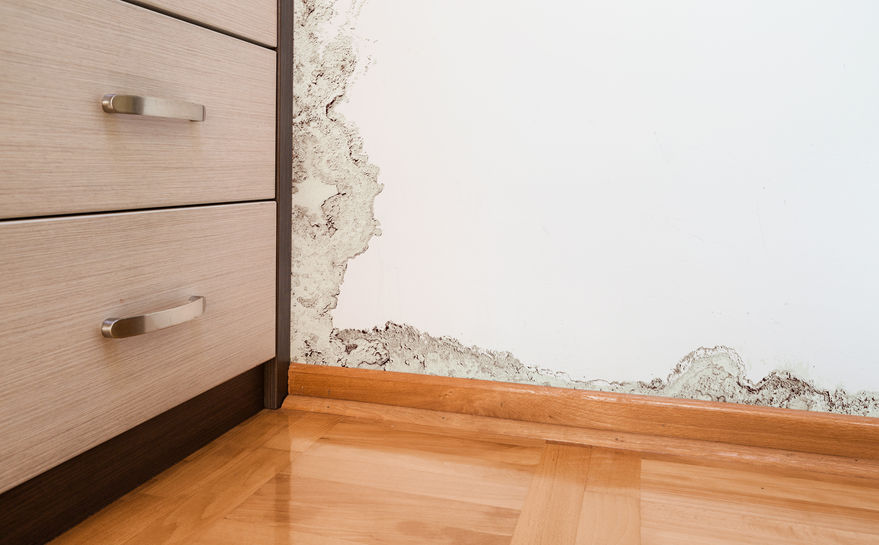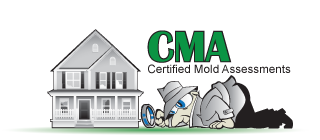 Mold is associated with negative health effects especially for those individuals exposed over a long period. It can cause throat irritation, nasal stuffiness, coughing, and wheezing. People suffering from mold allergies may experience severe reactions and may compromise your immune system leading to serious lung infections.
Mold is associated with negative health effects especially for those individuals exposed over a long period. It can cause throat irritation, nasal stuffiness, coughing, and wheezing. People suffering from mold allergies may experience severe reactions and may compromise your immune system leading to serious lung infections.
Molds can make you sick whether you are allergic or not because their spores can get into your eyes, throat, nose, skin, and lungs. It is always important to take care of yourself when you are at school, home or at work. In this article, we will be discussing the dangers of mold and its potential health effects.
Dangers of Mold
There is no argument that excessive exposure to any type of mold can lead to adverse health effects. This toxic substance is linked to upper respiratory tract symptoms, which may include wheezing and coughing. Most of this problem is caused by poor indoor air quality that causes dampness, a favorite breeding place for molds. Mold can grow very fast with the presence of moisture and adequate food source. Some species of mold such as Stachybotrys require a substantial amount of moisture while others require very little. Mold species are usually competitive and like anything in the animal kingdom, one will typically become dominant.
Scientific researchers have not identified a specific amount of mold exposure that can cause health problems. What is clear is that mold builds up in small deposits over time and may negatively affect your health if no treatment is provided. People with a compromised immune system are at a high risk of suffering from mold exposure because they lack the stamina to fight against the infection. A portion of the population more likely to experience adverse health effects include chemotherapy patients, and people with asthma, emphysema or existing allergies.
Mold can lay dormant for several years and no one can determine their presence because it becomes detrimental after settling in your lungs. Over time, you start experiencing symptoms such as coughing and wheezing, a condition usually mistaken for a common cold.
Where can you Find Mold?
Mold grows on host surfaces like kitchen cabinets, musty environments, rotten loafs of bread and many more surfaces. You can only see mold after some time after they have multiplied or increased in number. The green mold you see on a piece of bread is not just one mold but they are clustered networks of mold. You may happen to consume them at an early point in time without knowing until you realize a change in taste.
The fact that mold is hard to spot using the human eye makes it quite difficult to get rid of the toxic substance. The same case applies when you inhale mold spores and they get inside your lungs. It will be impossible to know the extent of infection until they grow in numbers. That is the time when they cause symptoms such as allergic reactions and respiratory problems.
How Does Mold Survive?
Molds are common in damp or swampy areas and are unpredictable since any place in your house can attract the substances. Molds like a warm, humid environment and live off any organic matter they come across. This can be inside bathroom walls, ceilings, old newspapers, and damp clothes. Mildew is a form of fungus or mold common in workplaces or living spaces with high levels of moisture. A good example is on your shower wall or a musty basement. They can also be carried in your shoes, clothing, and pets.
How to Eliminate the Dangers of Mold
If you happen to see any signs of mold in your household, it is always good to take the necessary steps to eliminate this harmful compound. You can control the growth of mold around your surroundings by doing proper ventilation, controlling humidity levels, and fixing leaky pipes and roofs.
Mold is a major health concern especially for people who have compromised immune systems. The toxic compound can be found at any place that favors its growth and existence and only becomes visible when clustered together. Mold is a toxic substance that needs to be eliminated from our homes and workplaces because it poses a serious health effect on every member of your household. It is always important to seek medical attention if you recognize mold symptoms in your home. Furthermore, you should take the necessary steps to protect you and your family from the dangers of mold. This is because long time exposure to mold can cause severe damage to your lungs and other body organs.
